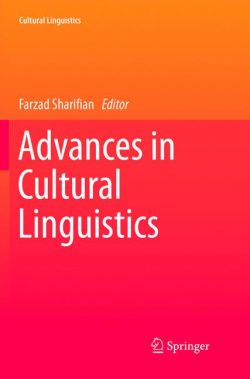This book systematically investigates what follows about meaning in language if current views on the limited, or even redundant, role of linguistic semantics are taken to their radical conclusion. Focusing on conditionals, the book defends a wholly pragmatic, wholly inferential account of meaning – one which foregrounds a reasoning subject’s individual state of mind. The topics discussed in the book include conceptual content, internalism and externalism, the semantics-pragmatics distinction, meaning holism and explicit versus implicit communication. These topics and the author’s analysis of conditionals will allow the reader to engage with some traditional and current research in linguistics, philosophy and psychology.
Introduction.- PART I: Semantics, Pragmatics and Meaning.- Chapter 1. Conceptual Correlates of Words.- Chapter 2. The Locus of Semantics and the Decoding-inferring Distinction.- Chapter 3. Revisiting Holism.- PART II: Conditionals.- Chapter 4. The Meaning of if.- Chapter 5. Holistic and Individualistic Constraints on Interpretation.- Conclusion. Dr Magdalena Sztencel is a Senior Lecturer in Linguistics at York St John University, UK.
This book systematically investigates what follows about meaning in language if current views on the limited, or even redundant, role of linguistic semantics are taken to their radical conclusion. Focusing on conditionals, the book defends a wholly pragmatic, wholly inferential account of meaning – one which foregrounds a reasoning subject’s individual state of mind. The topics discussed in the book include conceptual content, internalism and externalism, the semantics-pragmatics distinction, meaning holism and explicit versus implicit communication. These topics and the author’s analysis of conditionals will allow the reader to engage with some traditional and current research in linguistics, philosophy and psychology.




